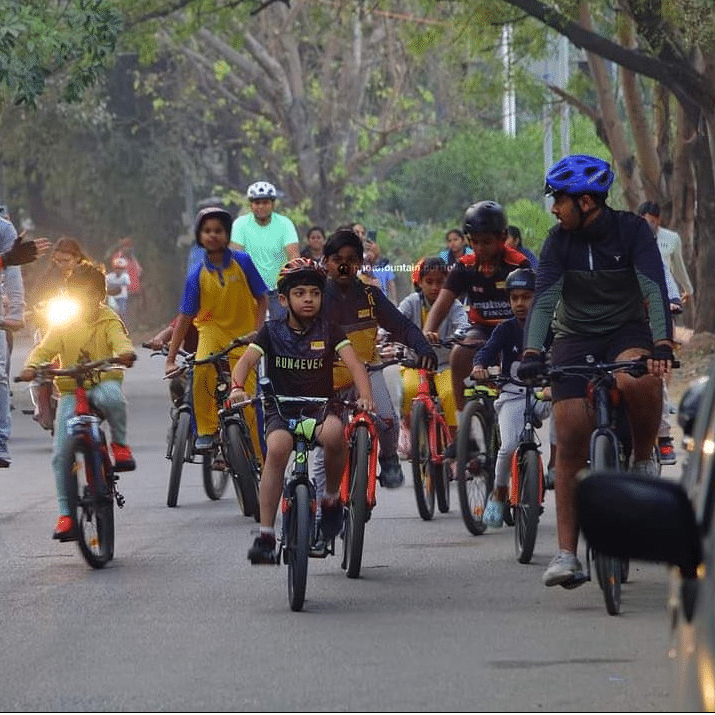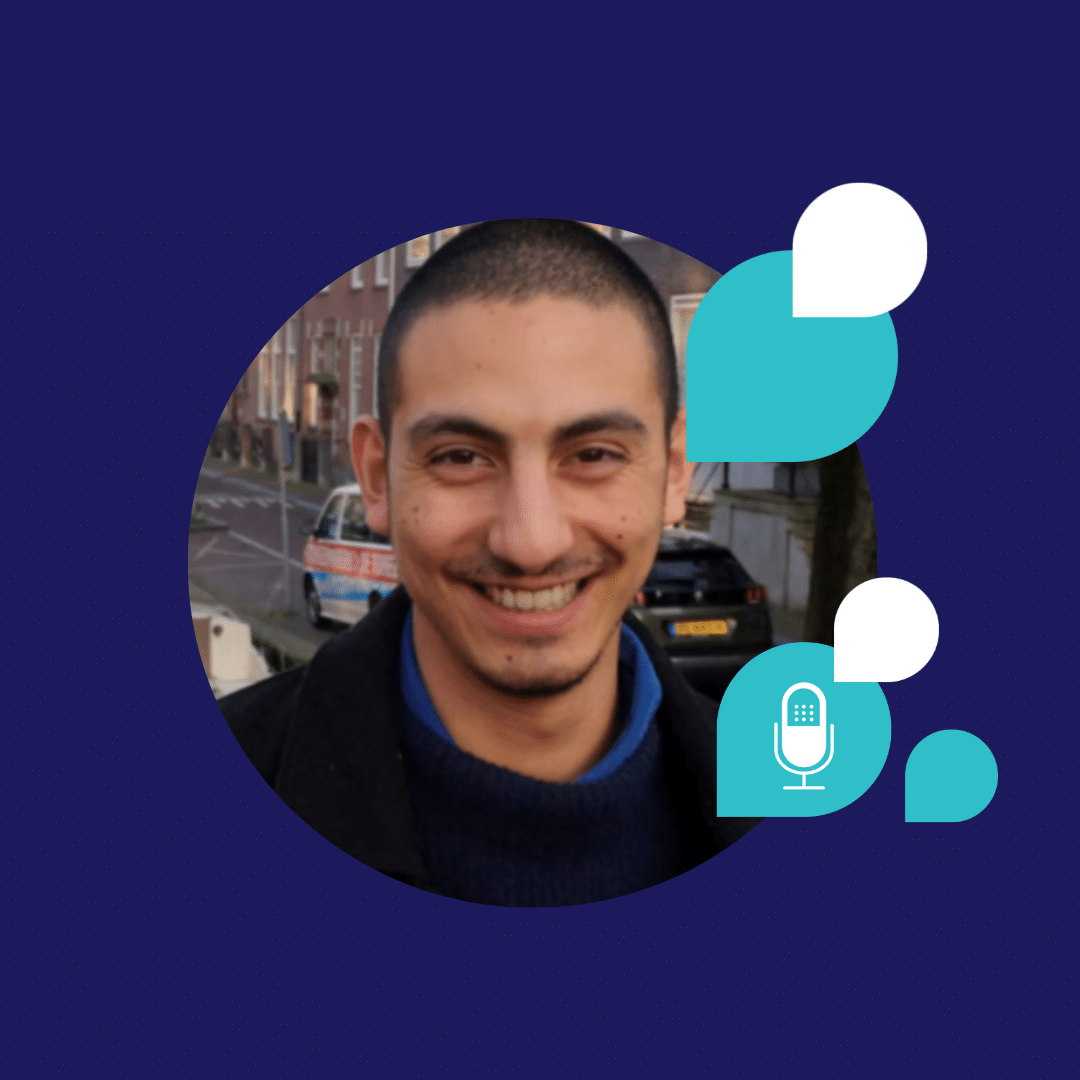Achieving transport equity
With 135 members in 70 countries, BYCS is aiming to achieve a share of 50% of all urban trips by bicycle in 2030. Drawing on his background in anthropology and urban geography, as well as on his experience at BYCS, Lucas champions a “family–centric approach to cycling promotion”, based on the sheer population percentage that families represent. To him, equitable transport is safe for children and their families. This is closely related to the mobility of care, which in turn links to questions of gender equity. Working with over 200 families in Mexico City, Istanbul, and Bangalore, BYCS has provided cycling education and access to the right equipment.
“The results really show that cycling and working with families has the potential to reduce transport costs, and importantly to also provide a sense of freedom and independence.”
While the organization comes across barriers such as low cycling skills and confidence, incompatibility of cycling and social aspirations, or gender violence, there are also some meaningful solutions. Aside from teaching caregivers how to cycle safely, in his four years at BYCS Lucas advocated for bikeshare systems that offer baby seats. The organization is seeing more programs that target families to help them start cycling. “We’re starting to see the mobility of care being more accounted for” – his favorite example is the Tembici bike share in Bogotá which offers cargo bikes, standard bicycles with baby seats and electric assistance in what he describes as “a real demonstration of commitment to gender mainstreaming and the mobility of care.”

Public joy as a key argument
Lucas emphasizes the importance of involving children in shaping urban mobility. He cites the BYCS Bicycle Heroes as an impactful example, where children develop ideas for safer, more enjoyable cycling in their areas. With the help of a youth squad, winning ideas are implemented. “Children are some of the most effective spokespeople for change”, he says. “The visible presence of children and youth is an indicator for the health of our urban environments.” Schools and day care centers are also important community entry points to support the creation of a more human infrastructure in our cities.

When asked about how to persuade governments to invest in mobility justice, Lucas describes his vision for a world “that is rooted in social justice where people simply feel safe existing on streets”. Apart from important arguments such as the health, safety, economic and environmental advantages of cycling, he also lists public joy as a key argument for more inclusive transport and mobility: “We need to think about mobility not just as a way of getting from A to B, but also as a place to experience the city and be part of a neighborhood and community. Connecting active travel with just urban well-being is something that is very important to local governments. “
Listen to the full episode in the podcast player below!
You are currently viewing a placeholder content from Podigee. To access the actual content, click the button below. Please note that doing so will share data with third-party providers.
More InformationYou can also find Talking Transport Transformation on Podigee, Spotify, Apple Podcasts, and Google Podcasts.
